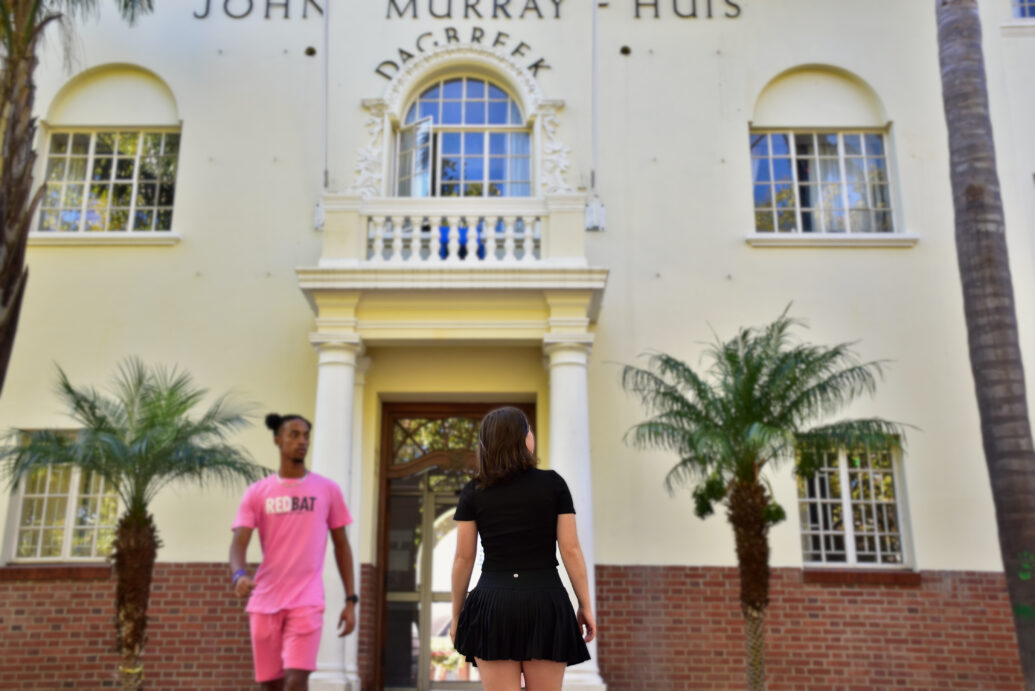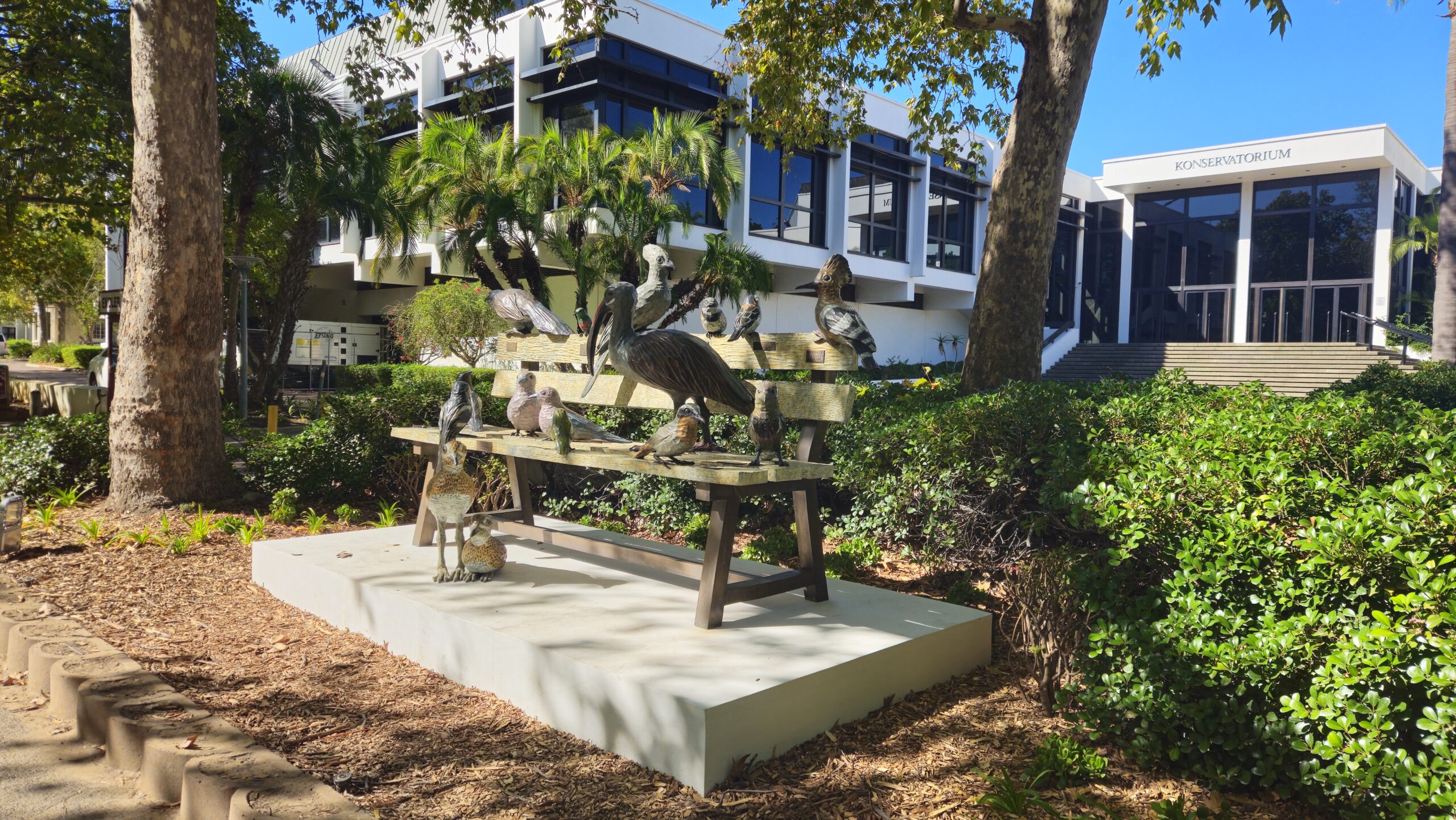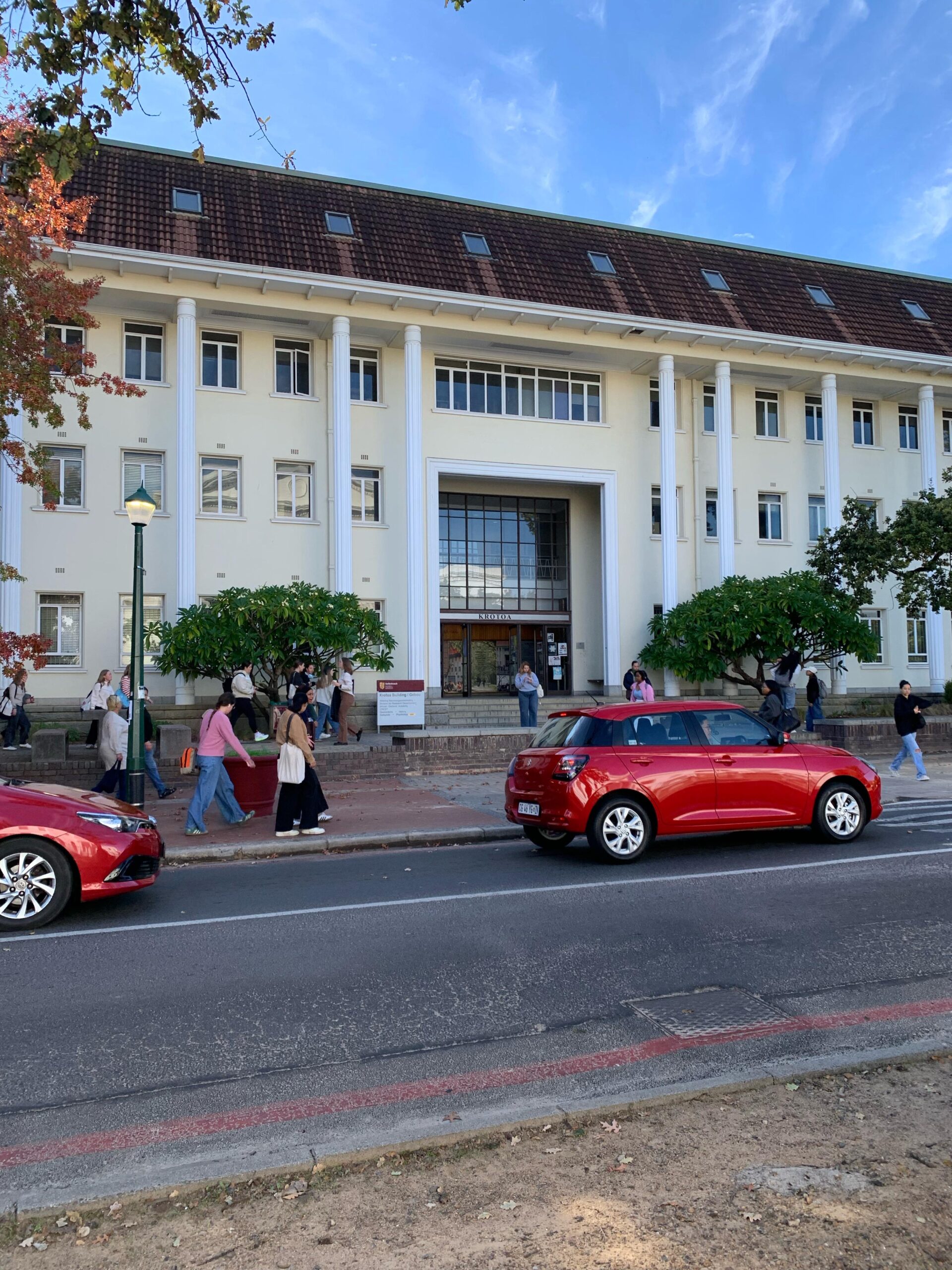
Stellenbosch University’s (SU) Deputy Vice-Chancellor: Learning and Teaching, Prof Deresh Ramjugernath, issued a statement on Friday, 17 March addressing concerns on the Stellenbosch campus of SU that certain undergraduate men’s residences could become mixed-gender within the next year.
Dagbreek, Huis Marais, Huis Visser and Helshoogte were mentioned as possible spaces for this change due to their structural adaptability. This was mentioned at a meeting between the Director of the Centre for Student Communities, Pieter Kloppers, and the Primaria of undergraduate men’s residences along with their respective Residence Heads (RH) earlier this month. In this meeting, it was communicated to student leaders that SU Rectorate had made a decision that residences should better reflect the University’s 60-40 female-to-male gender demographics.
According to the statement made by Ramjugernath, the Rectorate came to “an agreement on the need to engage with relevant stakeholders on ways in which to phase in more places for female students in residences on the Stellenbosch campus”.
“No decision has been made… nor have any residences been identified for reconfiguration,” according to the statement.
The announcement caused heated reactions from student communities, especially those that were mentioned before the statement. There was frustration at the fact that a decision regarding residences was made without engaging with these communities first. However, despite the Rectorate’s intention to address residence placements according to the 60-40 split, SU has assured that students will be involved in the decision-making process.
Margra Wevell, Chairperson of the Prim Committee, explained that to ensure broad consultation in the decision-making process, Dr Kelebogile Choice Makheta has assured that students will have the opportunity to engage with the working group through submitting proposals.
“The decision is not for a shift towards co-ed residences but rather an increase in the number of spaces available for female students in undergraduate residences,” said Wevell.
“The working group responsible for considering proposals is exploring all options, including co-ed residences, and will report back to the Student Community Advisory Committee (SCAC) after considering proposals from all students.”
Wevell highlighted that in the initial communication to student leaders regarding the decision, there was some confusion about the data and motivations for the decision, leading to concerns about procedural fairness.
“Although some Prims were open to the idea, there were reservations expressed about the integration of female students into currently male residences,” said Wevell.
“It was emphasised that adequate preparations need to be made in order to ensure that the space is properly equipped for female students.”
Student communities now have the opportunity to engage with SU to ensure that their input is taken into account.
Visitors rules amended without student input
The amended rules for student residences, Private Student Organisations (PSO) and clusters (hereafter residence rules), which was approved by Ramjugernath on 24 October 2022 and came into effect at the start of this year, is another point of frustration for some students. The amendments to these residence rules were intended to be made via the use of various task teams composed of SU staff and student representatives, but lacked transparent collaboration.
One such a task team was aimed at revising the rules relating to visitors in student communities. The present student representatives said that many students would like to be able to host overnight visitors (i.e. friends or family) in residences – a suggestion that was met with disapproval.
According to the task team revisions, visitors rules “are instituted to regulate visitors to the residence, to protect the rights of all paying residents, to prevent possible squatting, subletting and occupation without payment and to promote safety in the residence”.
“I definitely think that there should be an opportunity for residences to formulate their own rules about it,” said Nina Breytenbach, a student who was part of the task team. Breytenbach thinks that overnight visitors is something that each community could regulate and not something that should be banned as a whole by SU.
“It also makes it very difficult if there are no overnight visitors allowed because students who are in residence sometimes have people who visit them, and then have nowhere to host their guests. It’s a very rigid rule, and it would be better to relax it,” said Breytenbach.
Four months before these amended residence rules were approved, Die Matie surveyed the Primaria representing each of the undergraduate residences at SU and found that out of the 31 residences, 27 responded that they wanted the option of overnight visitors. These findings were submitted to the task team via email, the same format used for coordinating the rest of the task team’s activities, but were ignored.
A subsequent request for an update on the state of the revisions to the residence rules, two months before they were signed into effect, was also ignored. No further communication was shared with students until the amended residence rules were circulated among student communities at the start of the 2023 academic year.
“I don’t think the task team allowed for enough chance to meaningfully engage to actually make a change to the residence rules. Also just the way that it was handled; the task team’s suggestions were made, but the feeling I got was that the outcome was already decided on, and that the task team’s concerns were just noted,” said Breytenbach.



